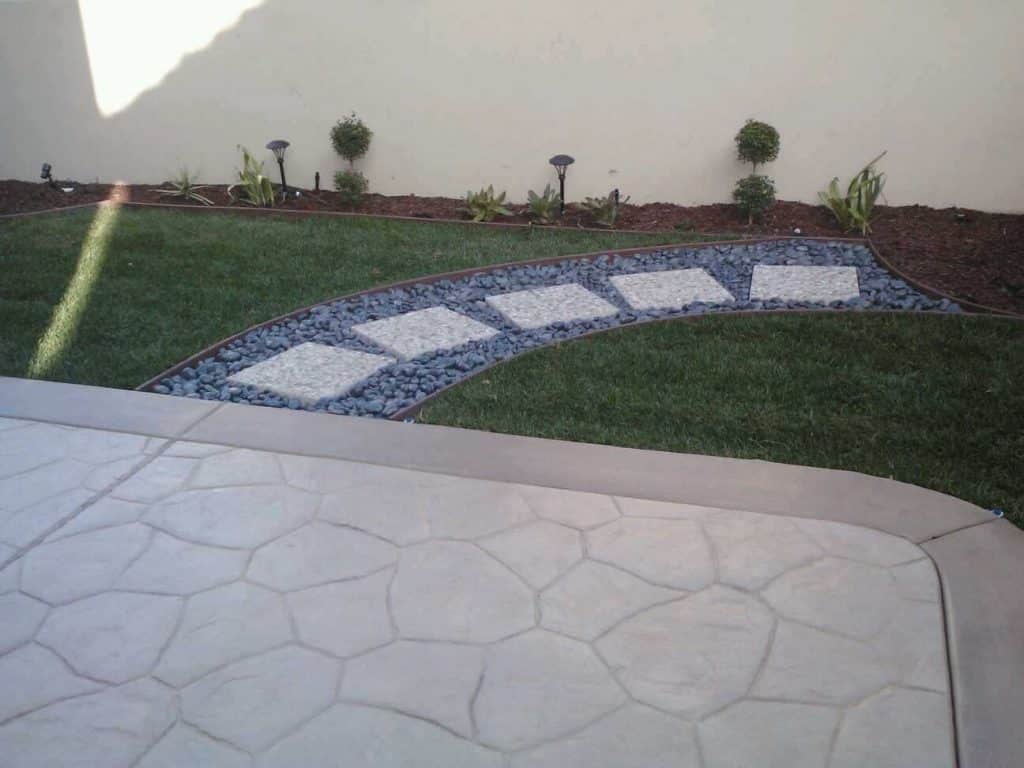How To Use Concrete For Residential Buildings In Lemon Grove?

- Before you start pouring concrete, it’s crucial to plan your project carefully and select the appropriate concrete mix. The right mix depends on various factors, including the type of structure, climate conditions, and load-bearing requirements. Consult with a professional concrete supplier or contractor to determine the best mix for your project. They can help you choose between ready-mix concrete and on-site mixing, ensuring the right proportions of cement, aggregates, and additives are used for optimal strength and durability.
- Proper site preparation is essential for a successful concrete project. Start by clearing the area of debris, vegetation, and any obstacles. Ensure the ground is level and properly compacted to prevent settling later on. Adequate drainage is also crucial to prevent water from pooling under the concrete, which can lead to cracks and other issues. To further enhance the longevity of your concrete, consider adding a layer of gravel or a vapor barrier beneath the concrete slab to prevent moisture infiltration.
- Reinforcing concrete can significantly increase its strength and durability. Reinforcement options include using steel rebar or mesh within the concrete structure. These reinforcements help distribute the load and reduce the likelihood of cracking or structural failures. Consulting with an engineer or contractor will help you determine the right reinforcement strategy for your project, ensuring it meets local building codes and standards.
- Proper curing is essential to ensure that the concrete reaches its full strength potential. After pouring, cover the concrete with wet burlap, plastic sheeting, or curing compounds to prevent rapid moisture loss. Maintain a consistent level of moisture and temperature for at least seven days for most residential concrete projects. Additionally, regular maintenance is essential to prolong the life of your concrete. Sealing the surface with a quality concrete sealer can help protect it from moisture, stains, and other potential damage.
- Concrete isn’t just a functional material; it can also be aesthetically pleasing. Consider incorporating decorative finishes into your residential concrete projects to enhance their appearance. Options include stamped concrete, colored concrete, exposed aggregate, and more. These finishes can mimic the look of more expensive materials like stone or brick, adding value and curb appeal to your property.
FAQs
Can I Use Concrete For All Types Of Residential Projects?
Concrete is a versatile material suitable for various residential projects, including foundations, driveways, walkways, patios, and even interior flooring. However, the specific mix and techniques may vary depending on the project’s requirements. Consult with a professional to determine the best approach for your specific needs.
How Long Does It Take For Concrete To Cure?
The curing time for concrete can vary depending on factors like temperature, humidity, and the type of mix used. In general, concrete should be kept moist and protected for at least seven days to reach its maximum strength. However, some projects may require longer curing periods.
Is Concrete Environmentally Friendly?
Concrete can be a sustainable choice when produced and used responsibly. Many concrete suppliers offer eco-friendly mixes that incorporate recycled materials. Additionally, concrete’s durability can lead to fewer repairs and replacements over time, reducing overall environmental impact.
Conclusion
In conclusion, using concrete for residential buildings offers numerous benefits, but it’s essential to follow best practices to ensure a successful and long-lasting project. Proper planning, site preparation, reinforcement, curing, and decorative finishes can all contribute to the durability and aesthetic appeal of your concrete structures. By following these tips and consulting with experts when needed, you can make the most of concrete for your residential construction projects. For more information, contact Concrete Contractor Lemon Grove at (619) 648-5335.

